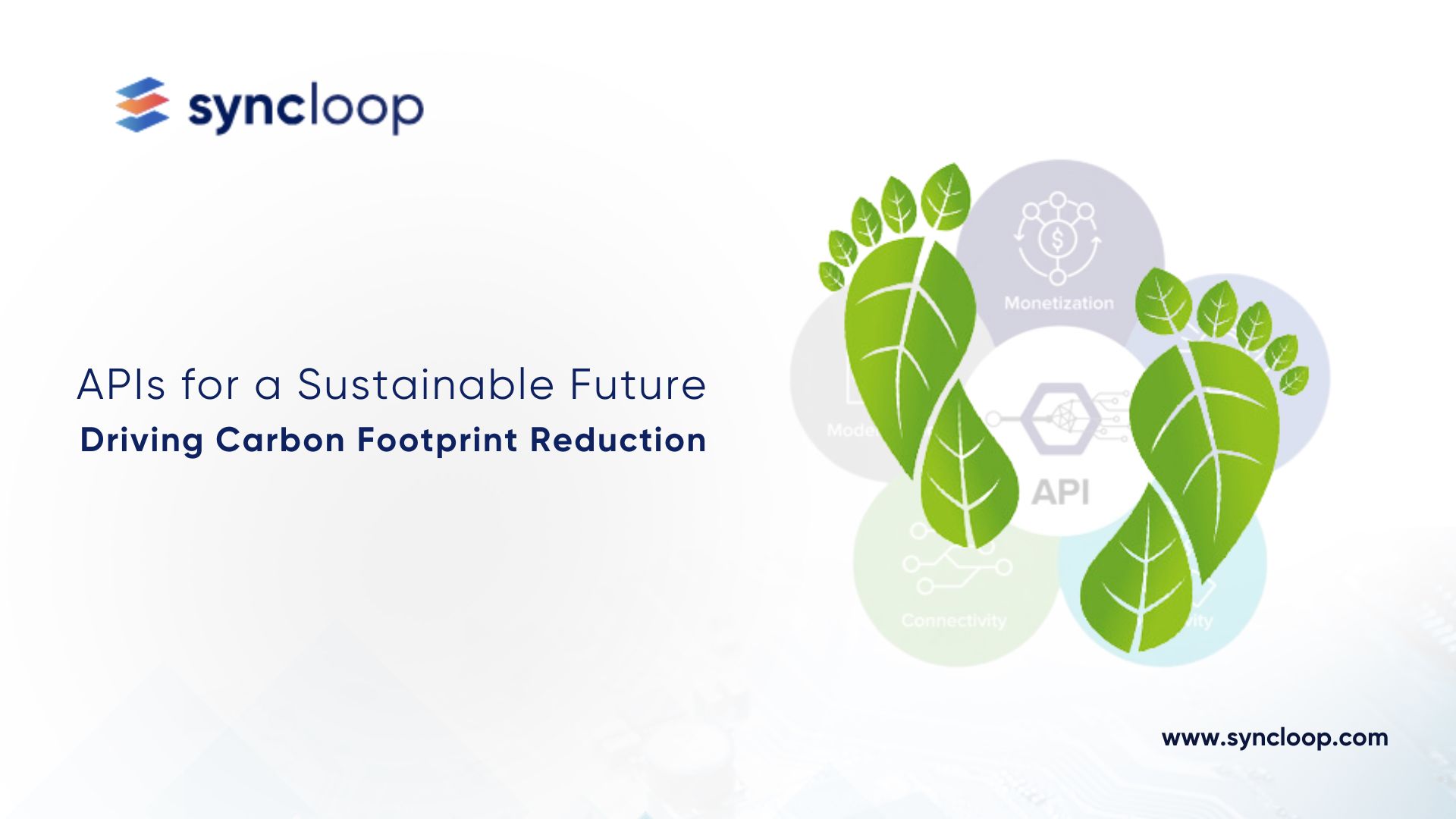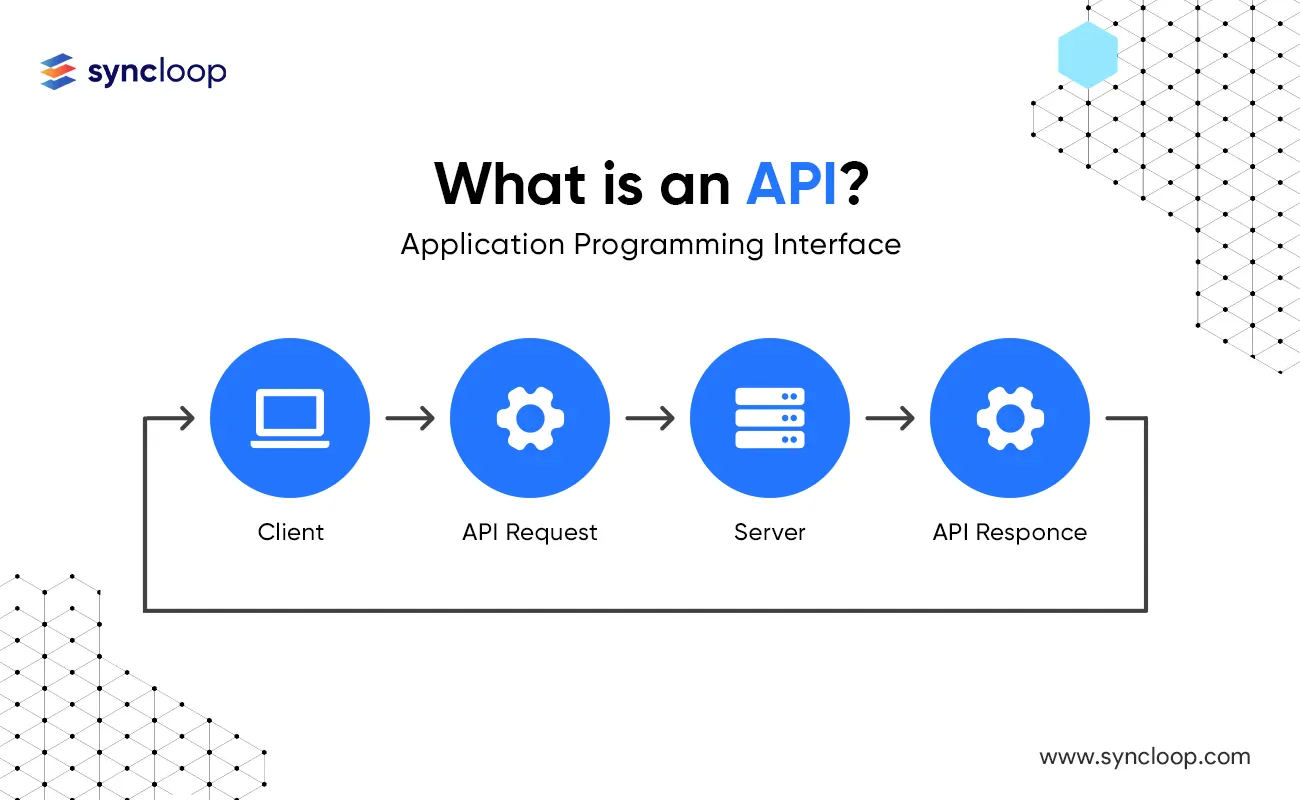APIs for a Sustainable Future: Driving Carbon Footprint Reduction
Posted by: Deepak | September 21, 2024

Categories: carbon footprint reduction, ata-driven sustainability, sustainable development
In today's era of climate change and environmental concerns, businesses are increasingly seeking ways to reduce their carbon footprint and contribute to a more sustainable future. APIs (Application Programming Interfaces) play a crucial role in enabling sustainable practices by facilitating data exchange, automation, and optimization across various industries.
The Role of APIs in Sustainability
APIs serve as the backbone for connecting different systems and devices, enabling data-driven decision-making and automation of processes. This can lead to significant reductions in carbon emissions and resource consumption.
- Data-Driven Decision Making: APIs can collect and analyze data from various sources, providing insights into energy consumption, transportation patterns, and resource usage. This data can be used to identify areas for improvement and make informed decisions to reduce carbon emissions
- Automation and Efficiency: APIs can automate processes, reducing manual labor and minimizing energy consumption. For example, APIs can automate building management systems to optimize energy usage or automate transportation logistics to reduce fuel consumption.
- Remote Monitoring and Control: APIs enable remote monitoring and control of devices and systems, reducing the need for physical presence and associated carbon emissions from travel.
- Sustainable Supply Chains: APIs can facilitate the integration of sustainable practices throughout the supply chain, from sourcing materials to logistics and transportation.
Key Use Cases for APIs in Sustainability
- Smart Cities: APIs can connect various IoT devices in cities to optimize energy consumption, traffic management, and waste management.
- Renewable Energy: APIs can integrate renewable energy sources into the grid, enabling efficient management and distribution of clean energy.
- Transportation: APIs can optimize transportation routes, reduce fuel consumption, and promote sustainable modes of transportation.
- Agriculture and Forestry: APIs can monitor crop health, optimize irrigation, and track deforestation rates to promote sustainable agriculture and forestry practices.
Technical Considerations for API Integration in Sustainability
- Data Security and Privacy: Ensure robust security measures to protect sensitive data collected from IoT devices and other sources.
- Interoperability: Ensure compatibility between different systems and devices using APIs to facilitate data exchange and integration.
- Real-time Data Processing: Utilize real-time data processing capabilities to enable timely decision-making and interventions.
- Scalability: Design APIs to handle large volumes of data and scale as your sustainability initiatives grow.
Tools and Technologies for Sustainable API Integration
- IoT Platforms: Platforms like AWS IoT Core, Microsoft Azure IoT Hub, and Google Cloud IoT Core provide a foundation for connecting IoT devices and collecting data.
- API Management Platforms: Tools like Apigee, Kong, and MuleSoft can be used to manage and secure APIs, ensuring seamless integration and communication between different systems.
- Data Analytics Tools: Platforms like Apache Hadoop, Apache Spark, and cloud-based analytics services can be used to process and analyze large datasets from IoT devices and other sources.
- Machine Learning Frameworks: Frameworks like TensorFlow and PyTorch can be used to develop AI models for predictive analytics and optimization in sustainability initiatives.
Challenges and Opportunities
- Data Quality and Reliability: Ensuring the accuracy and reliability of data collected from IoT devices is crucial for effective decision-making.
- Interoperability Standards: Establishing industry-wide interoperability standards can facilitate data exchange and integration between different systems.
- Cost-Benefit Analysis: Evaluating the costs and benefits of implementing API-driven sustainability initiatives is essential to justify investments.
- Regulatory Compliance: Adhering to relevant regulations and standards is crucial to ensure compliance and avoid legal issues.
Conclusion
APIs play a vital role in driving sustainable practices across various industries. By enabling data-driven decision-making, automation, and integration, APIs can contribute to reducing carbon emissions, optimizing resource usage, and promoting a more sustainable future. As the world becomes increasingly interconnected, the potential for APIs to drive positive change in sustainability is immense.
Back to Blogs

